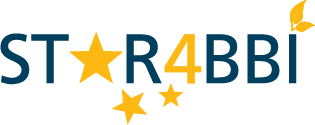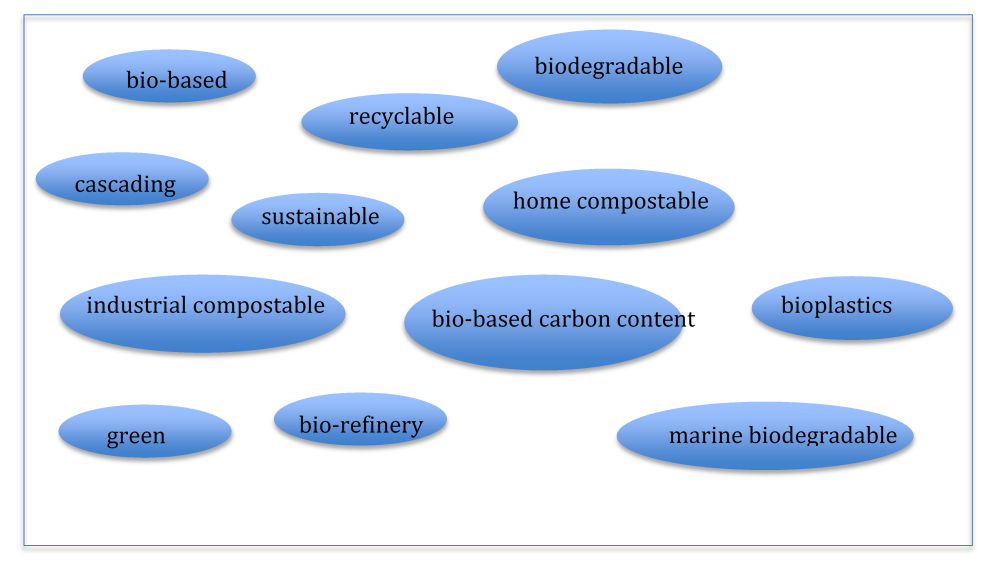Standards play a crucial role in supporting the growth of the bio-based products market. They can help to increase market transparency by providing common reference methods and requirements that enable the verification of claims and certification regarding the bio-based content, biodegradability or environmental sustainability of different products. However, inadequate standards can also act as barriers for certain products. So, what are the current EU standards or other related issues that hamper the growth of bio-based products? The EU funded STAR4BBI project has analysed these barriers and proposed actions towards overcoming these.
During the desk research as well as interviews with industry, several issues related to standards and certificates in the bio-based industry were identified. The STAR4BBI project carried out a workshop to discuss a long list of the issues with the participants from the industry, associations, certification bodies, test houses and the European Commission. Considering the feedback received from the participants of the workshop and the urgency of the issues presented by them, STAR4BBI project partners will focus on drafting solutions for the following three issues:
Non-functional specifications
For many years, standards have been developed to evaluate the characteristics of materials to demonstrate their fitness for purpose whereas it would be more appropriate to evaluate the functionality of materials or products on the requirements of the application. For bio-based products to demonstrate their fitness for purpose they must comply with tests based upon these standards. An example of such standards that are applicable in the bio-based industry are climate tests, which ensure that the product is fit to various environmental conditions while it is being shipped. The conditions for these climate tests are however not based upon actual transportation situations and are not representative for real life situations. For instance, a climate test has been developed for fossil-based products, considering that plastic is 100% resistant to relative humidity, which is never the actual environment. Bio-based products sometimes have the challenge of not passing this test due to their hydrophilic nature, whereas they meet all real requirements for the application.
Compostability (EN 13432)
The specific conditions for compostability are described in standards, such as the European standard on industrial composting EN 13432. The standard sets requirements for the rate of biodegradation (min. 90% to be broken down to CO2 within six months at 58°C +/- 2°C), disintegration, chemical composition and quality of compost. The general opinion is that when the characteristics of bio-based plastics are in line with the EN 13432 standard, they can be composted by industrial composters without complications. However, composters on the other hand run composting installations in less time that the described 12 weeks. The Dutch Waste Management Association (VA) states that composting time is around 2-3 weeks. At some composting installations the composting time is even shorter: between 5 and 18 days. This results in bio-based products producers developing their materials to co comply with EN 13432 standard, whilst their product is not accepted by industrial composters.
Double testing
When products cross borders, sometimes testing needs to be performed to guarantee national or regional safety requirements. Private parties in different countries may also request certain safety requirements compliance. Usually, these compliance tests are based on the same standards as in the “home” country. In practise this often comes down to performing the same or similar tests on products twice. The costs of these tests are in most cases covered by the producer. “Double” testing is costly as well as time consuming. Although, this is not a barrier only limited to bio-based products but also applies to non-bio-based products, bio-based product producers are usually not multinationals. The costs of testing are relatively high for smaller companies that enter a new market.
To deal with the identified issues, the responsible CEN, ISO or ASTM committees will be identified and contacted. In case the project partners do not have direct influence on the responsible CEN or ISO committees, “Industry champions” will be identified to propose the amendments to the standards to the technical committees.





